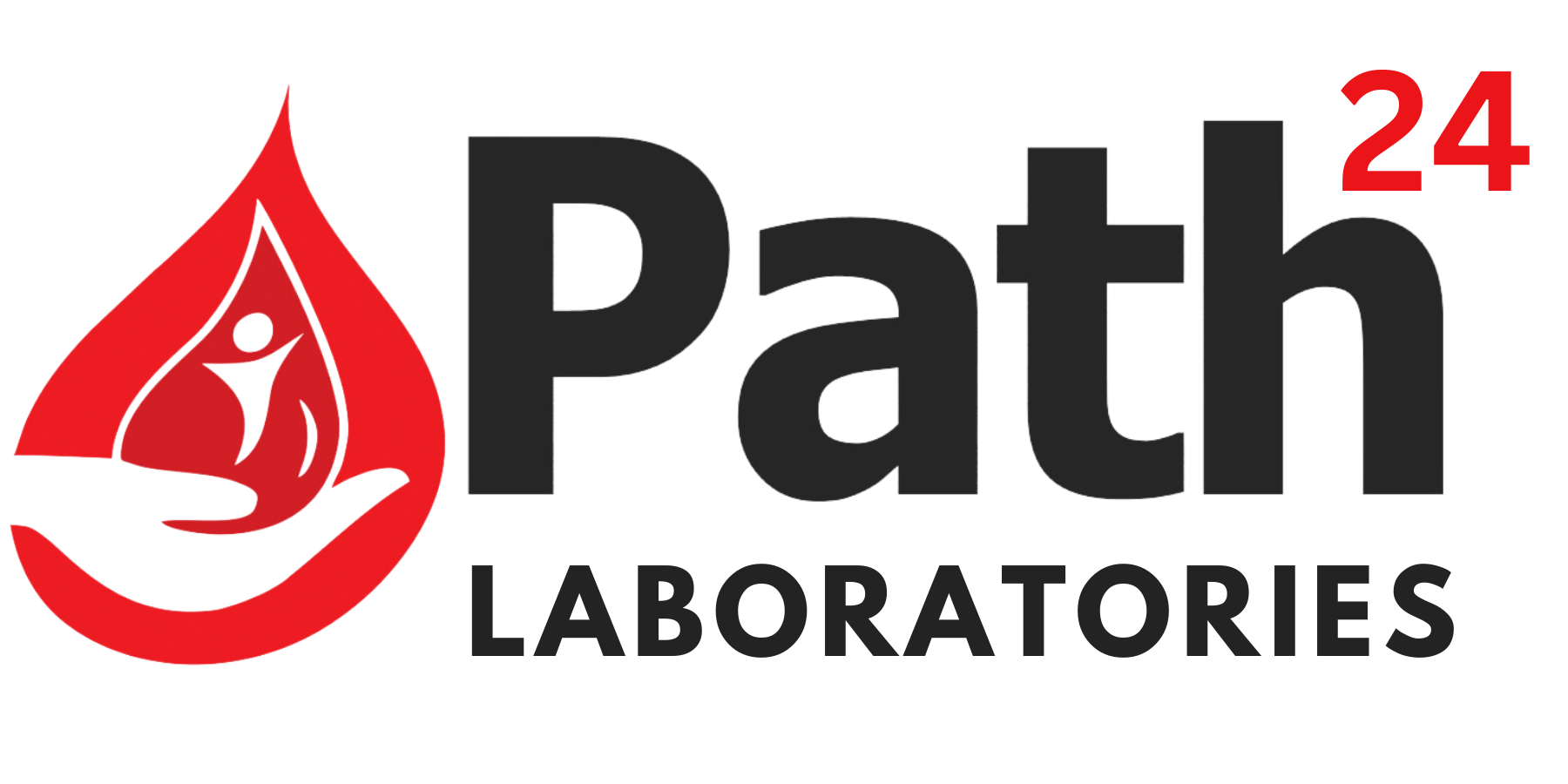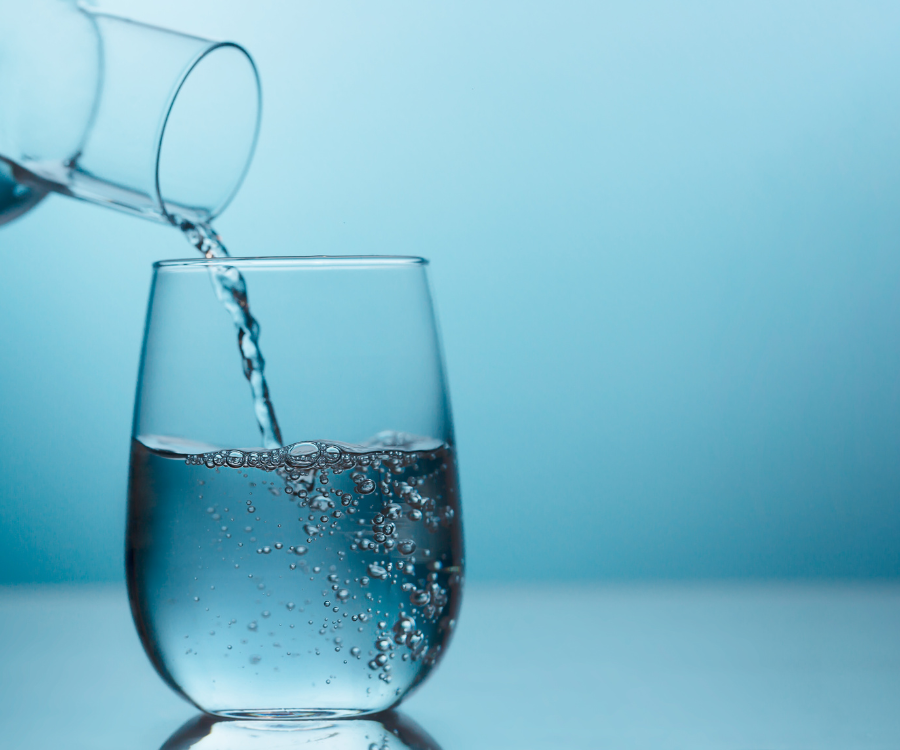Stay Hydrated, Get Accurate: How Your Water Intake Affects Blood Test Results
You’ve fasted for 12 hours, you’ve arrived at the lab on time, and you’re ready to get your blood drawn. But have you thought about what you’ve been drinking? The humble act of staying hydrated is often overlooked, but it plays a crucial role in the accuracy of your blood test results. In fact, a simple lack of water can skew your numbers, leading to misinterpretations and even unnecessary follow-up tests.
The Science Behind Dehydration and Blood Tests
When you’re dehydrated, your blood becomes more concentrated. This is because the fluid component of your blood, known as plasma, decreases. Think of it like a crowded room: with less space, the same number of people (or blood components) are packed more densely. This can falsely elevate the concentration of various substances, including:
- Red Blood Cells and Hemoglobin: A higher concentration can be mistaken for polycythemia, a condition where your body produces too many red blood cells.
- Creatinine and BUN (Blood Urea Nitrogen): These are key indicators of kidney function. Dehydration can cause a temporary spike, potentially leading to a misdiagnosis of kidney issues.
- Electrolytes (Sodium, Potassium): While dehydration can cause a rise in some electrolytes, it can also lead to a drop in others, creating a confusing and inaccurate picture of your electrolyte balance.
- Glucose: In some cases, severe dehydration can lead to a false increase in blood glucose levels, which might be incorrectly interpreted as a sign of pre-diabetes or diabetes.
What About Fasting and Hydration?
Many blood tests, especially those for cholesterol and glucose, require you to fast. This means no food or drinks other than water for a specified period (usually 8-12 hours). The “no food” rule is clear, but the “water only” part is where people often make a mistake.
It’s not just okay to drink water, it’s essential. Drinking water during your fasting period helps maintain the proper volume of your blood plasma, ensuring the concentration of various components remains stable and reflective of your true health status. Skipping water while fasting can lead to the concentrated blood we mentioned earlier, giving you an inaccurate reading for your lipid panel or glucose test.
How Much Water Is Enough?
While there’s no one-size-fits-all answer, a good rule of thumb is to drink water consistently throughout the day leading up to your blood test. On the morning of your test, sip a glass of water an hour or so before your appointment. This will not only help with accuracy but also make the blood draw process easier for the phlebotomist, as well-hydrated veins are more plump and easier to find.
A Quick Checklist for Your Next Blood Test
- Hydrate, Hydrate, Hydrate: Drink plenty of water in the 24 hours before your test.
- Follow Fasting Instructions: Adhere strictly to the fasting guidelines provided by your doctor.
- Drink Water While Fasting: Remember, “fasting” means no food, but it does mean drinking water.
- Inform the Phlebotomist: If you’ve been feeling dehydrated or unwell, let the lab technician know. This can provide important context for your results.
In a world where we rely on data to make informed decisions about our health, a simple glass of water can be the difference between a clear diagnosis and a confusing result. So next time you’re heading to the lab, don’t just think about what you can’t eat—think about the most important thing you can drink.

